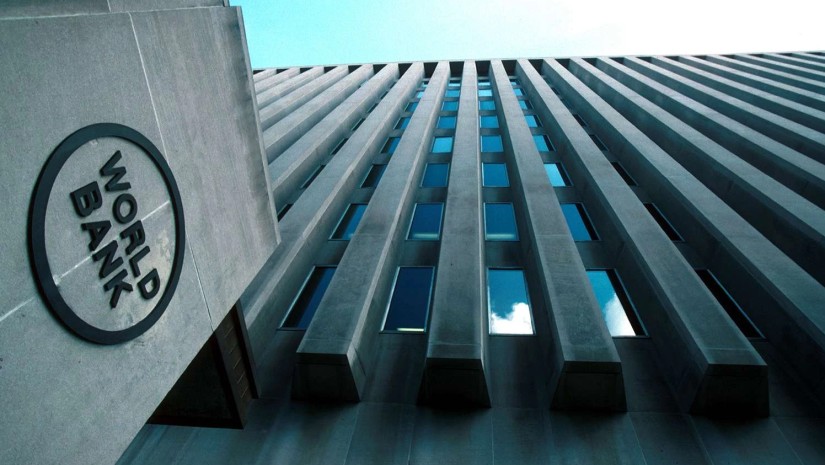The World Bank’s Board of Executive Directors has approved a $110 million loan (equivalent to 102 million euros) to support Armenia’s program "Ensuring Comprehensive Health Insurance".
According to the press service of the Armenian office of the World Bank, this operation aims to improve the quality of primary healthcare services, provide accessible medical services across the country, and increase the efficiency of public health expenditures. The program supports the Armenian government’s five-year action plan for 2021-2026 and is part of the "Healthcare System Development Strategy".
Despite improvements in maternal and child health indicators over the past decades, non-communicable diseases remain the leading cause of death and illness in Armenia. The low level of public health expenditures and the low efficiency of the healthcare system contribute to high costs, resulting in significant out-of-pocket payments, which account for 81.4 percent.
“High private healthcare expenditures in Armenia are unique in the world and negatively impact the quality of services provided to citizens. Current reforms aim to create more effective financial and regulatory incentives for providing quality medical services. Comprehensive reforms can fundamentally change the disease profile among Armenia’s population and make healthcare more accessible,” noted the head of the World Bank’s Armenian office, Carolyn Geginat.
The approved operation will use the "Program-for-Results" (PforR) financing instrument, which directly links fund disbursement to the achievement of specific project results. It will support ambitious reforms in the country’s healthcare sector, including the introduction of a mandatory health insurance system. In addition to measures to improve the quality of medical services, the reform aims to increase the efficiency of public health expenditures, such as implementing a pricing mechanism for essential state-funded medicines based on international price comparisons.
Expected outcomes include the introduction of a financing system for primary healthcare institutions based on quality and coverage indicators, improved training for nurses and family doctors, ensuring lower prices for prescription drugs, and reducing the share of “out-of-pocket payments” in current healthcare expenditures.
















